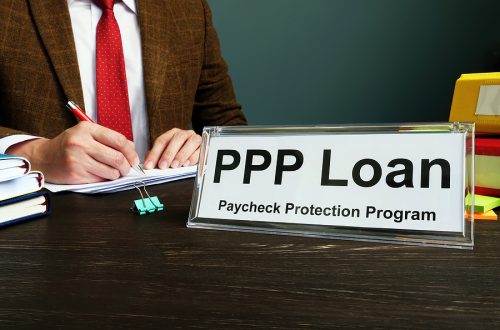Another court has found that when a creditor files a claim in bankruptcy that the creditor knows is barred by the statute limitations, it is not a violation of the Fair Debt Collection Practices Act (FDCPA). The FDCPA typically protects consumers from fraudulent attempts to collect a debt. However, the Bankruptcy Code explicitly allows creditors to file time-barred claims, creating a possible conflict in federal laws. Under Section 502 of the Bankruptcy Code, any filed claim is deemed allowed if no one objects.
As a result, the courts in Florida and other parts of the country are split on whether or not filing a stale claim violates the FDCPA in bankruptcy. For example, in 2014 there was a controversial case involving a creditor filing a proof of claim in bankruptcy after the statute of limitations to collect had expired. In this case, courts were split on whether or not it violated the FDCPA to file a stale claim in bankruptcy, especially within the Eleventh Circuit. This issue has given rise to a circuit split and could potentially reach the Supreme Court.
In the most recent ruling, Ana Castellanos filed a complaint alleging violations of the FDCPA, including “(1) making a false representation of the legal status of a debt; (2) using a false representation and deceptive means to collect a debt; and (3) using unfair and unconscionable means to collect a debt.” The district court in this case noted that, “the Bankruptcy Code provides the debtor a means to object to impermissible proofs of claim, such as those that are time-barred.”
The court ultimately ruled that even though the FDCPA and the Bankruptcy Code guidelines are conflicting, the FDCPA must yield to the Bankruptcy Code. In Florida, FDCPA claims can proceed while in other parts of the country they cannot. This strong federal law protects consumers against certain unfair collection practices, including:
- Calling you repeatedly to annoy or harass you.
- Trying to collect more than you owe.
- Failing to send a written notice of the debt.
- Threatening violence.
- Threatening dire consequences (i.e. – lawsuits, criminal prosecution, wage garnishment, jail time, permanently ruining your credit, etc.)
- Using profanity and abusive language.
- Calling before 8 a.m. or after 9 p.m.
- Revealing debt to third parties (i.e. – family, neighbors, friends, co-workers, etc.).
- Contacting you at your work, after you have requested them to stop.
- Failing to verify disputed debts.
- Ignoring cease communication requests.
Click here to read more on this story.
If you are in financial crisis and considering filing for bankruptcy, contact an experienced Miami bankruptcy attorney who can advise you of all of your options. As an experienced CPA as well as a proven bankruptcy lawyer, Timothy Kingcade knows how to help clients take full advantage of the bankruptcy laws to protect their assets and get successful results. Since 1996 Kingcade & Garcia, P.A. has been helping people from all walks of life build a better tomorrow. Our attorneys’ help thousands of people every year take advantage of their rights under bankruptcy protection to restart, rebuild and recover. The day you hire our firm, we will contact your creditors to stop the harassment. You can also find useful consumer information on the Kingcade & Garcia website at www.miamibankruptcy.com

